As your summer travel plans unfold, it is crucial that your devices and personal information remain safe from cyber threats. Pay close attention to public Wi-Fi networks and hotspots while disabling Bluetooth and GPS services.
Prior to leaving campus, make sure your devices and any necessary data are backed up and encrypted. Consider using a VPN and activating two-factor authentication on Wolverine Access, U-M Google, Box and Canvas (automatically activated for current students, faculty, staff and affiliates).
1. Turn Off Data Roaming
As summer vacation planning commences, now is an excellent time to protect your tech and preserve cherished memories on your travels. By making some simple preparations now, travelers can protect their devices while making lasting memories on their trips.
Switching off data roaming when traveling abroad will prevent accessing the internet through cellular networks and can save unexpected data charges. Furthermore, this prevents apps, calendars, emails, or software updates from downloading automatically when offline.
Always search for and connect to a secure, well-known WiFi network when traveling abroad (eg eduroam), and avoid using public Wi-Fi or Bluetooth connections that could leave your device susceptible to hacking attempts. Furthermore, only provide personal data needed for essential items like booking travel arrangements on public networks such as booking or payment information.
Be sure to use strong passwords, codes or screen locks on all of your gadgets and encrypt sensitive data before leaving home, and consider setting up remote wipe capabilities so your device can be remotely deleted if lost or stolen.
2. Encrypt Your Data
Many business travellers rely on WiFi while traveling abroad for email and corporate applications; however, many do not thoroughly investigate the security of any networks they connect to – leaving passwords and other confidential data vulnerable to hackers in various countries around the globe.
Public Wi-Fi networks in airports, hotels and cyber cafes often lack adequate security measures to prevent attackers from intercepting data. Encrypting your data prior to traveling abroad helps mitigate this risk.
Furthermore, it is best to travel with a non-home device (whether that be a laptop or pre-paid cell phone) which only contains work related information – this way if anything should happen to it, its impact won’t be as detrimental.
Assume all devices used while travelling overseas have been compromised and be sure to delete and change all credentials used while away upon your return. Also consider purchasing items with tamper-evident seals when buying USBs, flash drives, and accessories at airports, hotels or elsewhere abroad.
3. Install a VPN
As you travel abroad, using a VPN can add an extra layer of protection for both you and your devices and data. A virtual private network (VPN) encrypts and routes internet traffic through servers located in different countries – helping bypass censorship or bandwidth throttling and unlock geo-restricted content such as foreign Netflix libraries as well as log into banking apps without activating CAPTCHAs.
When choosing a VPN service for travel, make sure it can support all the devices you plan to bring along. A service that offers Windows, macOS and Android apps as well as Linux GUI support may be beneficial if bringing along Steam Deck or an Android TV box.
Be sure to turn off Bluetooth, Wi-Fi, and location services on all of your devices when not in use – keeping these services active can leave you vulnerable to hackers or lead directly to device theft. If you plan on carrying sensitive information with you during your travels, consider encrypting and storing it either physically on a separate hard drive or securely via cloud storage solutions like Dropbox.
4. Keep Your Passwords Secret
While traveling, your passwords and information require equal protection to those belongings in your suitcase. Consider password management software which encrypts its database locally instead of cloud storage, using a master password to control access. Alternatively, print out and store passwords securely (but be careful that others cannot discover them), or invest in RFID-blocking wallets to protect valuables such as credit cards from card skimmers.
Travelers may be vulnerable to phishing attacks, so be wary of unsolicited emails. Additionally, two-factor authentication should be enabled on as many accounts as possible for maximum protection.
Avoid public Wi-Fi networks if possible; cybercriminals have set up fake wireless access points with innocuous or trustworthy names in order to lure travelers in and steal their credentials. If necessary, log on as a non-administrator account instead of being an administrator as this makes it easier for malware exploit browser vulnerabilities more readily.
5. Change Your Passwords
If you access personal or Cornell accounts while traveling abroad, remember to change passwords once back home. Furthermore, devices and power adapters used abroad could contain malware or be physically insecure (e.g. charging stations in public spaces) so stick with adapters and battery-operated chargers that belong to yourself and not those available abroad.
Consider creating a separate email account exclusively for travel-related communications and use that email account exclusively when communicating about travel-related matters; using encryption or deletion on any sensitive files to minimize data requirements while traveling with only what’s essential. This can prevent malicious individuals, email marketers or phishers from tracking your movements as well as avoid alerts on sensitive emails from your main account.
Take these steps to secure your devices while abroad and experience a stress-free trip. Be sure to backup any data on your devices, then wipe them clean upon returning home! If using a password manager such as 1Password’s “Travel Mode,” be sure it can hide vaults that contain sensitive information – this feature is great for digital nomads, frequent travelers, backpacking students and others who don’t want to share this sensitive information in front of customs agents or border agents.

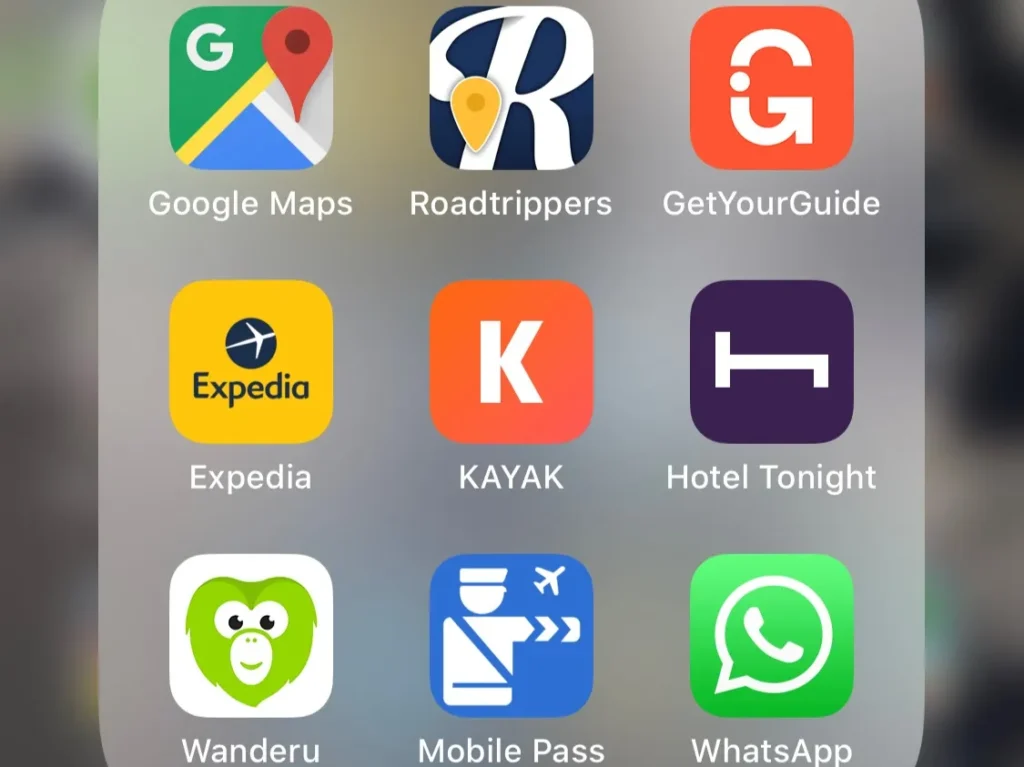
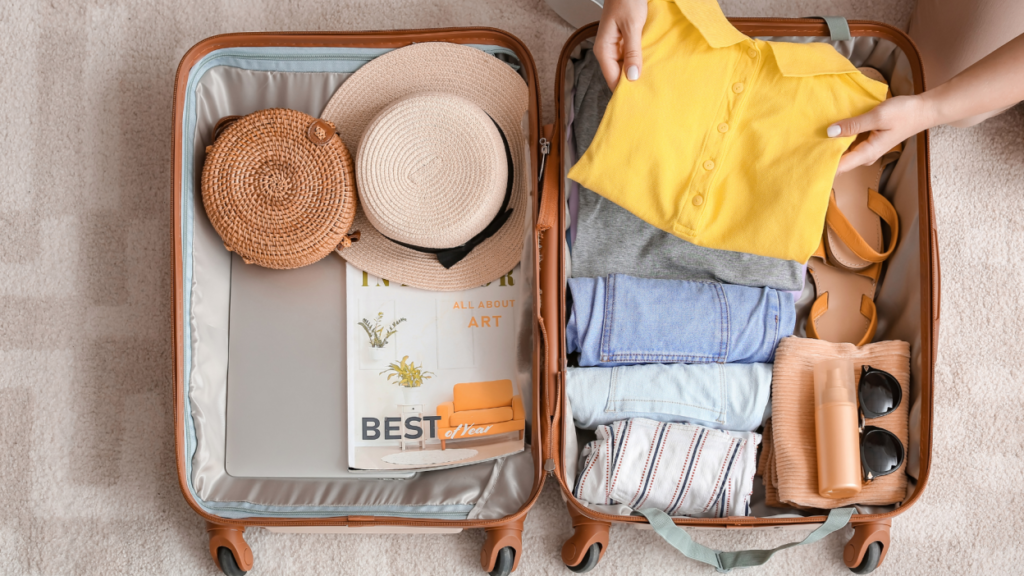

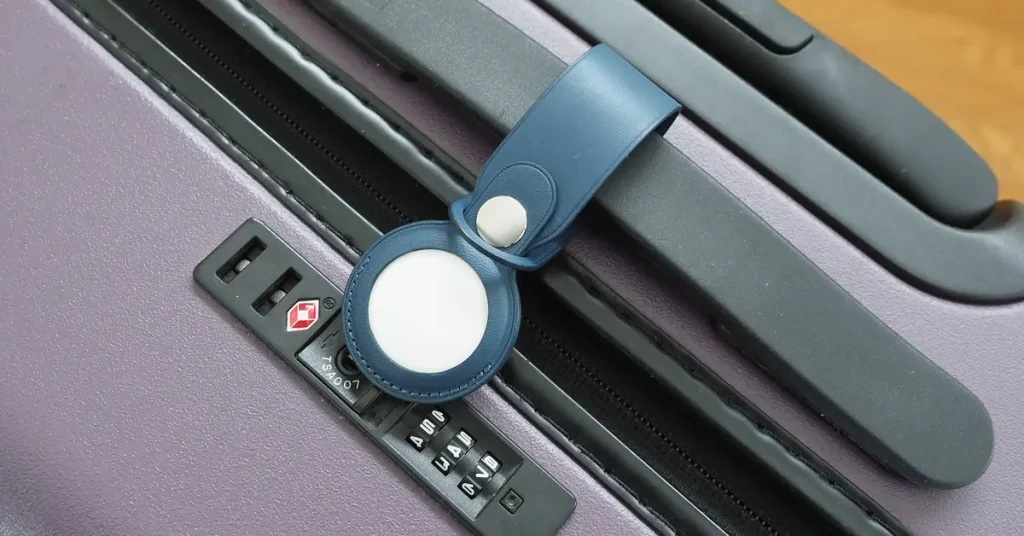


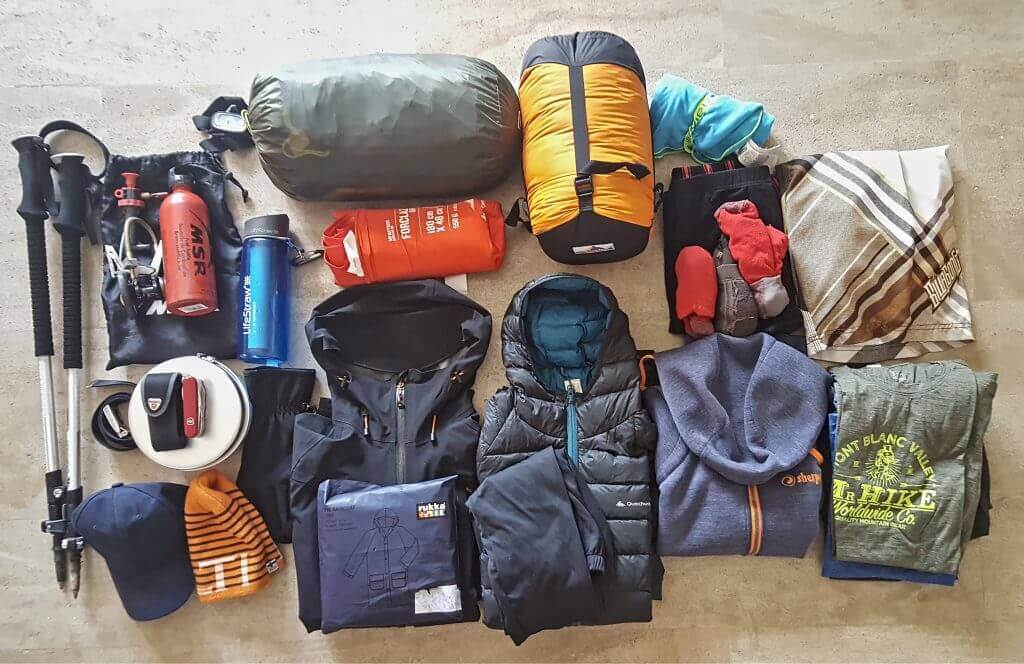
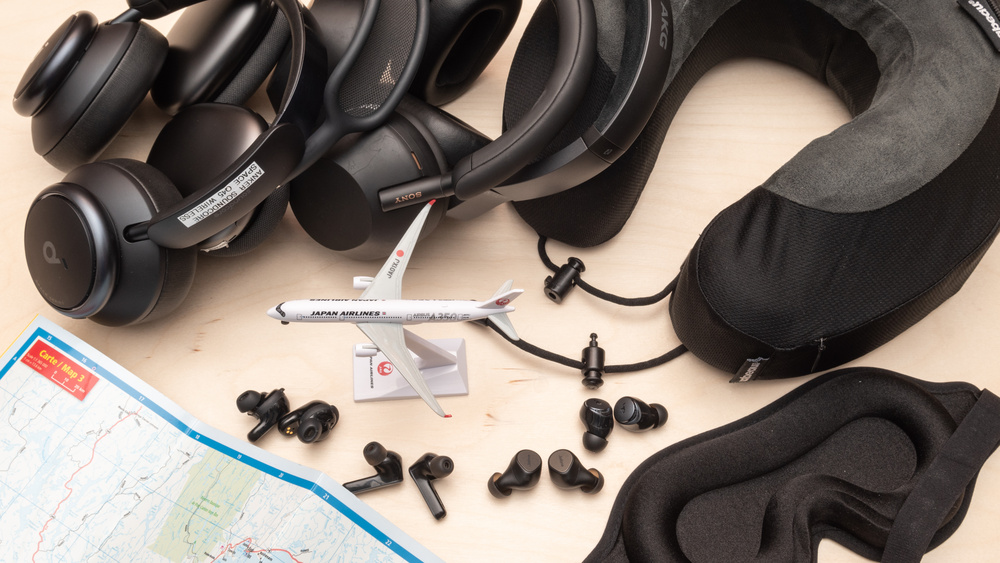
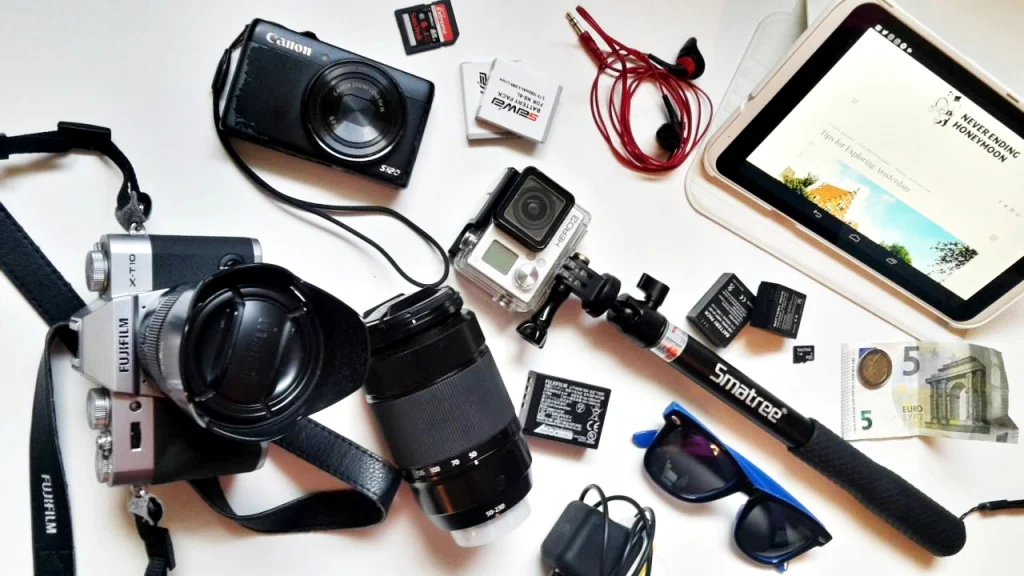
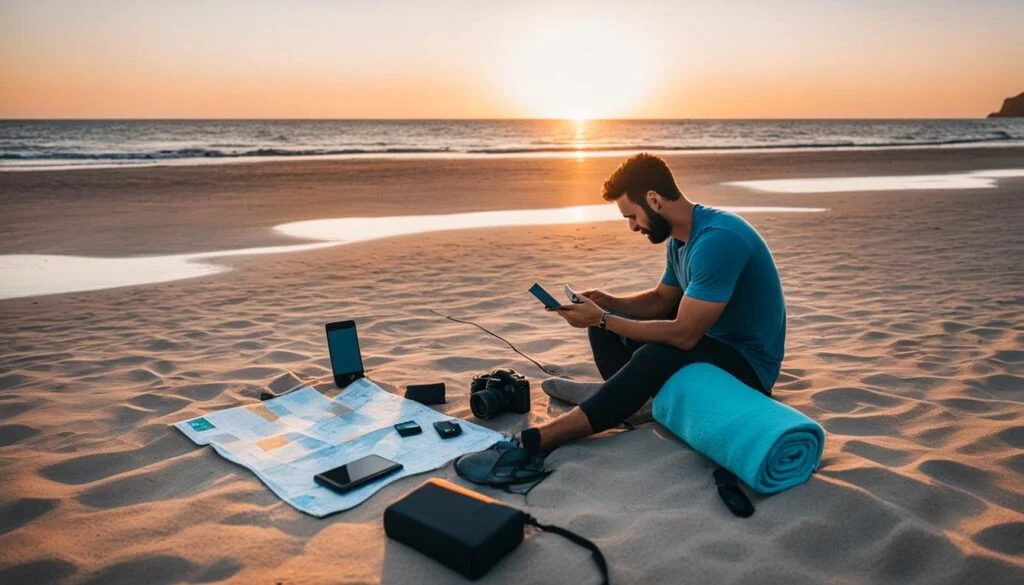




Leave a Reply